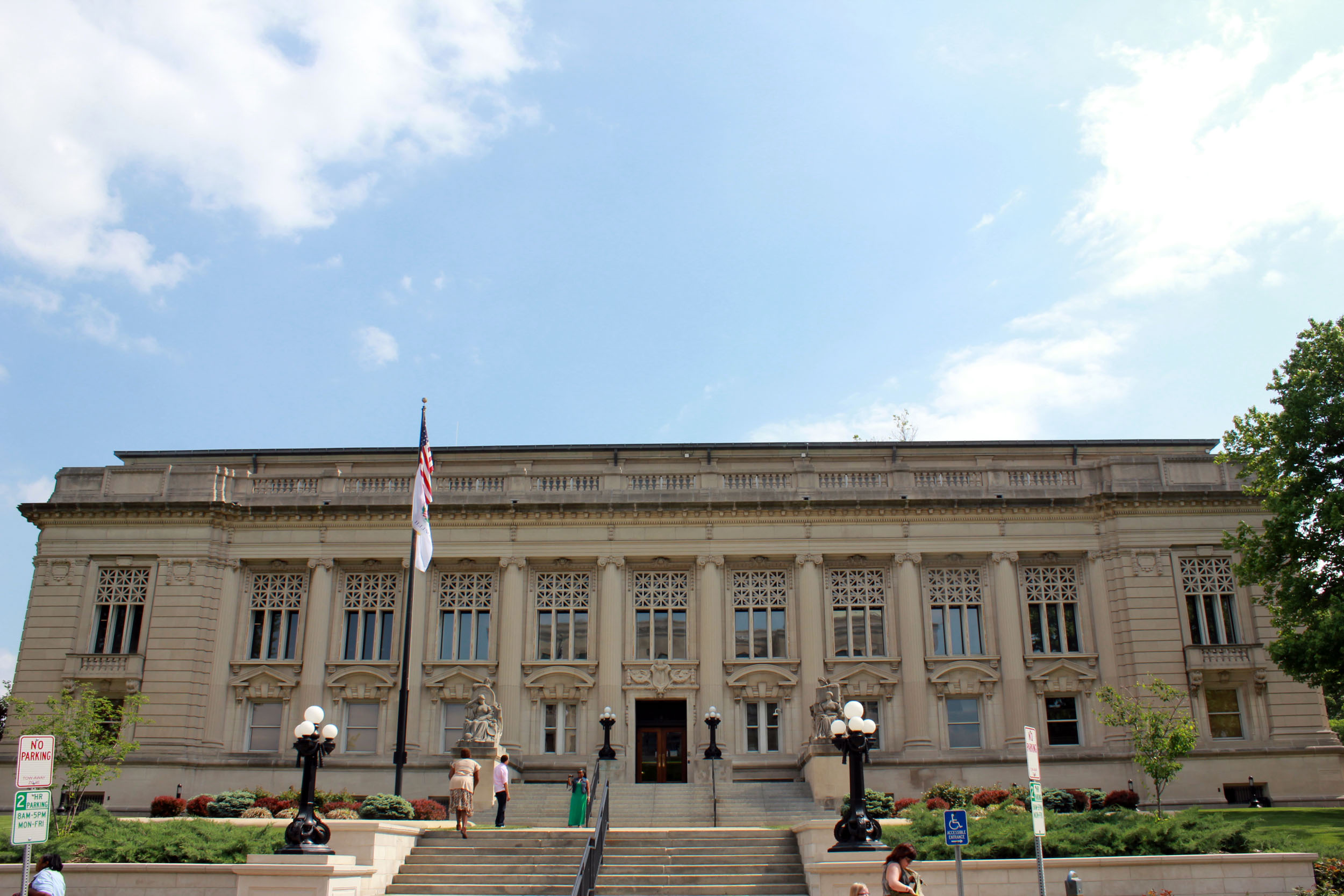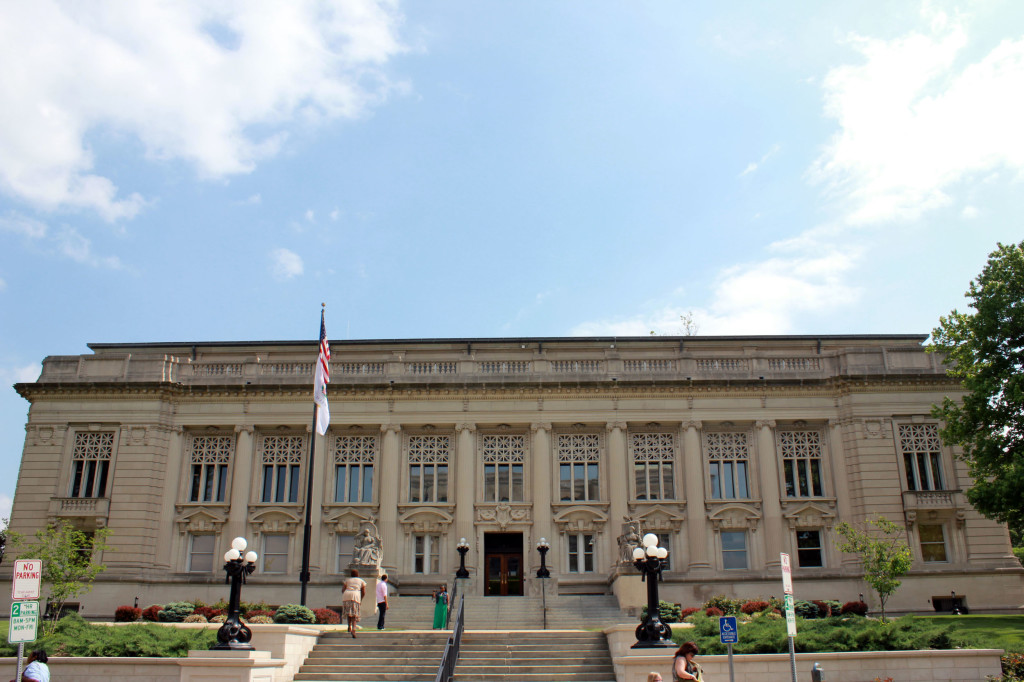For a while, it looked like Illinois was set to ease some of the burden of the pension obligations that had been weighing it down like a boulder. The state’s reform law, though not perfect—various parties disagreed on the effectiveness and fairness of the measure—had at least ended years of inaction on the part of lawmakers.
But a state Supreme Court ruling earlier this month left the fate of the reform law up in the air and called its constitutionality into question. Now, Illinois’ government is weighing its options, deciding what steps should be taken if and when the reform law is struck down by the courts.
If the law is eventually found unconstitutional, the solution may be to simply amend the constitution to make it legal. Of course, that’s easier said than done. Crain’s explains:
Amending the constitution would not be easy, to say the least, given recent history and the state’s current political climate. It would need approval by a three-fifths vote in both the Illinois House and Senate. That’s just to put a proposed amendment on the ballot, where it would need 60 percent of those voting on the issue to be approved.
Chances for a constitutional amendment are “a lot better than it was last time,” says Mr. Sosnowski, after the Kanerva decision signaled how strictly the court viewed the pension protection clause. “A lot of people looked at that and said we’ve got possibilities.”
But it can’t be done quickly. The Illinois Constitution requires a six-month waiting period before a proposed amendment can be placed on the ballot, so November 2016 is the soonest it could be put up for a vote. Meanwhile, the statewide pension law changes have been stayed, keeping benefits and contributions and inflation adjustments all in place.
So the state needs two things to make this work: political compromise and time. Unfortunately, it doesn’t have a great deal of either.
History is not on Illinois’ side, either. Lawmakers actually attempted to pass a pension-related constitutional amendment two years ago. But as they learned, you can’t sneak these things past voters–especially ones who are willing to mobilize. From Crain’s:
Two years ago, a relatively innocuous constitutional amendment that would have required supermajority approval by the state Legislature and municipalities to increase pension benefits was pushed through the Legislature by House Speaker Michael Madigan.
Widely panned as a meaningless measure that would not reduce the state’s pension debt, it passed the House unanimously, with only two dissenting votes in the Senate. But only 56 percent of voters approved, falling short of the supermajority needed.
“It was more of a PR issue,” said Rep. Tom Morrison, R-Palatine, who co-sponsored Mr. Sosnowski’s bill to repeal the pension protection clause in the last session of the Legislature. “What elected board is going to increase pension benefits in this environment?”
But a union coalition quickly mobilized to defeat it at the ballot box.
“They’re going to be ready; this time it wouldn’t get a majority of votes,” said John Kindt, professor emeritus of business and legal policy at the University of Illinois in Urbana, who chairs the U of I’s faculty and staff benefits committee. “A constitutional amendment could get through the General Assembly, but voters have already rejected it and they will be well-organized if the Legislature does it again.”
Short of amending the constitution, some lawmakers want to start from scratch on reform and start writing a brand new bill. One such lawmakers is state Senator Mike Frerichs, who is also running for the state’s treasurer position. From the Chicago Tribune:
Mike Frerichs says he thinks lawmakers should “go back to the drawing board” and start over on changes to public employee pension benefits following a recent Illinois Supreme Court ruling.
“I think in their opinion on health care, they made it fairly clear what their opinion on the state constitution is and how they’re going to rule on it,” Frerichs said Sunday about the public employee pension law on the “Sunday Spin” radio program on WGN 720-AM.
“We’ll wait and see what the Supreme Court rules, but I think it’s good to have a backup in place and to start working (on a backup plan) because I think it’s pretty clear we’re going to have to do that,” Frerichs said. “I think it’s probably time to go back to the drawing board.”
Illinois Gov. Pat Quinn is among several high-level officials in the state who remain optimistic the law’s constitutionality will be upheld. Of course, no one will know the truth until the Supreme Court rules on the issue, even if many consider the court’s most recent ruling to be the writing on the wall.

